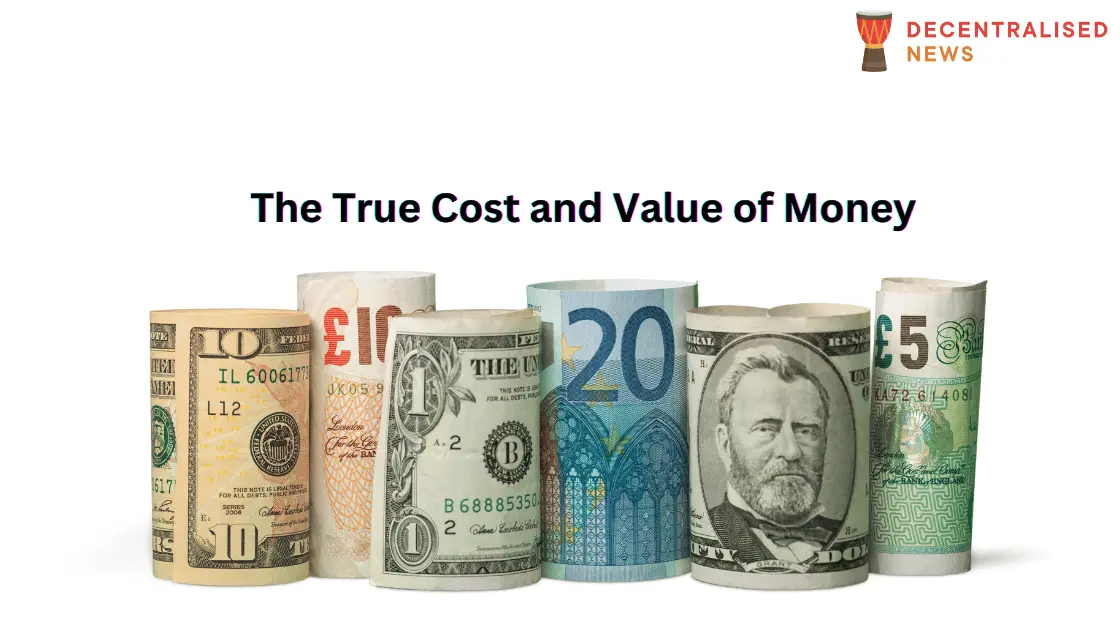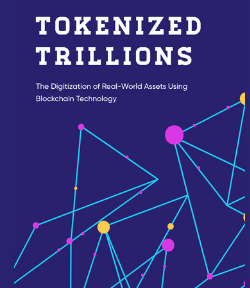
Beyond Numbers – The True Cost and Value of Money
Decoding Capitalism: Unraveling the Intrinsic Value of Money.
In the evolving narrative of human history, few ideas have been as impactful and as pervasive as capitalism. This economic system, based on private ownership, competition, and the pursuit of profit, has been the driving force behind much of the world’s development and innovation. Yet, to truly understand capitalism, we must first delve into the nature of its lifeblood – money. In this article, we explore the true cost and value of money within the framework of capitalism.
Money and Capitalism: A Brief History
Historically, money began as a simple medium of exchange and a standard of value, transforming the barter system into a more efficient means of trade. However, with the advent of capitalism, the role of money evolved. It became not just a medium of exchange but also a symbol of accumulated wealth and a tool for investment.
In the 17th century, modern capitalism began to take shape with the rise of chartered companies like the British East India Company. It was the age of mercantilism where wealth was equated with accumulation of precious metals and global trade flourished.
In the 18th century, the Industrial Revolution ushered in an era of unprecedented growth. Capitalism evolved further as companies issued shares to raise capital, leading to the creation of stock markets. Money was no longer just a medium of exchange; it was now an asset that could generate more wealth.

The Double-Edged Sword of Capitalism
Today, capitalism drives the global economy. It fuels innovation, competition, and growth. However, it is a double-edged sword. The pursuit of wealth often leads to income inequality, overconsumption, and environmental degradation. So, what is the true cost and value of money in this context?
The value of money in capitalism is not just in its purchasing power. It is in its potential to create more wealth. Money can be invested in businesses, real estate, stocks, and other assets that can generate returns. It provides a measure of security and freedom. It gives individuals the means to improve their lives, support their families, and contribute to society.
However, the cost of money is often overlooked. Pursuing wealth can lead to stress, overwork, and a disregard for other important aspects of life like health and relationships. The societal cost can be even greater. Capitalism, if unchecked, can lead to vast inequalities, where a small group accumulates a large proportion of wealth.
The True Nature of Capitalism: Credit, Debt and Financial Markets
One of the pillars of modern capitalism is the financial system, with its intricate web of credit and debt. Banks and financial institutions lend money, facilitating investment and consumption. However, this system of credit and debt can also lead to financial crises, as was evident in the 2008 financial crisis.
Financial markets are another key aspect of capitalism. They allow for the allocation of capital to where it can be most productive. Stock markets enable companies to raise capital for investment, driving economic growth. However, they are also prone to speculation and can lead to asset bubbles.
Understanding the Cost and Value of Money: An Empowered Perspective
For millennials and young investors, understanding the true cost and value of money in a capitalist society is crucial. It involves understanding that while money is a powerful tool for creating wealth and security, it should not be pursued at the expense of everything else.
Being aware of the societal implications of capitalism, such as income inequality and environmental impact, is equally important. Investments can be directed towards companies and projects that not only generate returns but also have positive social and environmental impacts.
In a capitalist society, money is more than just a medium of exchange. It is an asset, a store of wealth, a symbol of success, and sometimes, a source of societal challenges. The true cost and value of money lie in understanding this duality and navigating the capitalist system in a way that balances personal wealth creation with societal wellbeing.
In conclusion, capitalism, for all its merits and drawbacks, remains the dominant economic system of our age. The intricate dance of money, credit, debt, and financial markets fuels the engines of growth and innovation. As we look towards the future, understanding the true cost and value of money is more than financial literacy; it is the key to navigating our roles as contributors to and beneficiaries of this ever-evolving global system.






